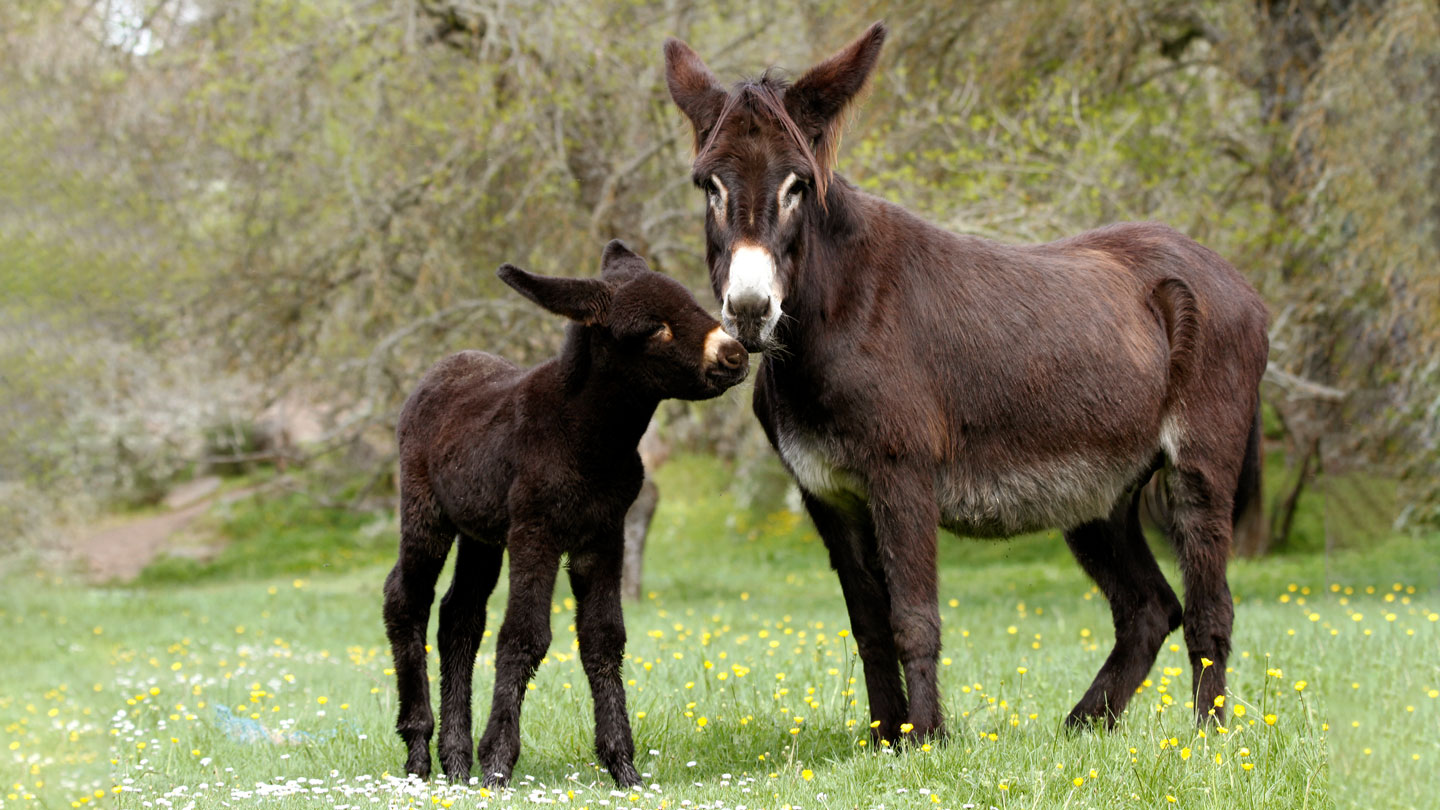Tokyo, 9 September, /AJMEDIA/
From pulling Mesopotamian war chariots to grinding grain in the Middle Ages, donkeys have carried civilization on their backs for centuries. DNA has now revealed just how ancient humans’ relationship with donkeys really is.
The genetic instruction books of over 200 donkeys from countries around the world show that these beasts of burden were domesticated about 7,000 years ago in East Africa, researchers report in the Sept. 9 Science.
“The history of the donkey has puzzled scientists for years,” says Ludovic Orlando, a molecular archaeologist at the Centre for Anthropobiology and Genomics of Toulouse in France. This discovery shows that donkeys were domesticated in one fell swoop, roughly 3,000 years before horses.
DNA has great potential for unraveling humankind’s shared history with our animal companions. In 2021, Orlando and his colleagues used DNA from the bones of horses to track their domestication to the Eurasian steppes, in what’s now southwestern Russia, more than 4,200 years ago (SN: 10/20/21).
But the history of donkeys (Equus asinus) had remained murky. Today, domesticated donkeys are found all over the globe. A dwindling number of wild asses in Asia and Africa — the closest wild relatives of donkeys — pointed toward one of those continents as the likely donkey homeland.
Archaeological evidence — including a 5,000-year-old Egyptian tablet depicting marching asses, sheep and cattle — zeroed in on Africa as the most probable contender. But genetic studies attempting to pin down when and where donkeys were domesticated have been largely inconclusive.
This was probably because scientists were lacking donkey DNA from many regions of the world, Orlando says. For example, to date, there have been no published genomes from donkeys living south of the equator in Africa. To get a broader diversity of DNA, Orlando and his colleagues gathered 207 genomes from donkeys living in 31 countries, ranging from Brazil to China, along with DNA belonging to 31 donkeys that lived between 4,000 and about 100 years ago.
By comparing these genomes with those of wild asses, the researchers found that all donkeys could trace their lineage back to a single domestication event in East Africa, perhaps in the Horn of Africa, around 5000 B.C. From there, domesticated donkeys spread to the rest of the continent and into Europe and Asia, where they formed genetically distinct groups based on region. Humans have now brought donkeys to nearly every continent on Earth, carrying their genetic legacy with them.
These results add new clarity to the story of donkey domestication, says Emily Clark, a livestock geneticist at the Roslin Institute at the University of Edinburgh. “Donkeys are extraordinary working animals that are essential to the livelihoods of millions of people around the globe,” she says. “As humans, we owe a debt of gratitude to the domestic donkey for the role they play and have played in shaping society.”









































